The emerging inclusivity toward the LGBT Community in Modern Rap Culture
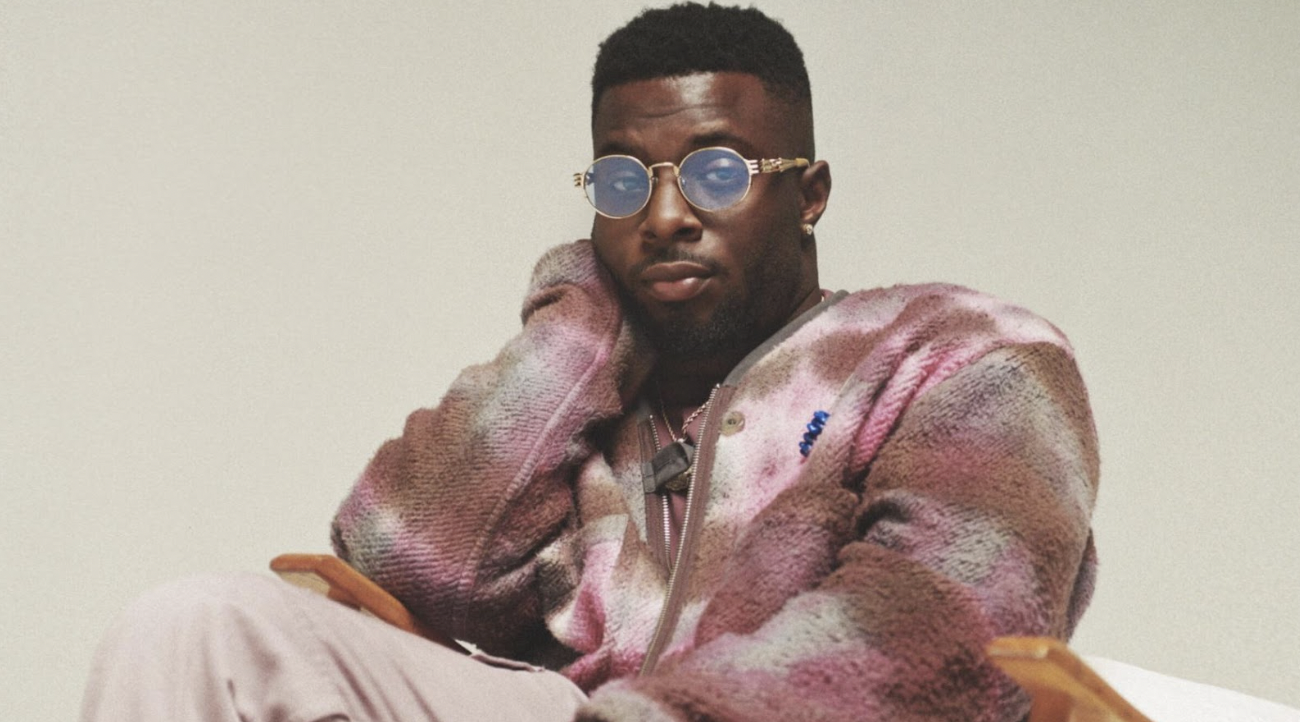
Written by Blessed Smith
The emergence of Hip-hop was sparked in the late 1970s, during a period when a creative outlet was necessary for dealing with the struggles of being black and Latinx in an oppressive atmosphere. The urban community in New York City found compensation in the creation of a culture that embraced the differences that were used against them by their Caucasian peers. The social and economic challenges of the 70s were eased by the comfort of recreation made by the people, for the people.
At its core, Hip hop is a genre that celebrates the release of anger as people existed in a world that isolated and excluded them. Ironically, however, this inclusive community managed to exclude those who didn’t fit into a heteronormative persona with homophobia quickly becoming a common trope in the genre. Many rappers in the past (and even some today) are all too comfortable with using slurs created to oppress the gay community, most specifically gay men.
In today’s ‘woketivist’ society, the incorporation of diversity is heavily encouraged with many adopting the principles that any hatred towards one’s race, gender expression, and sexuality is unacceptable and leaves you deserving of the infamous ‘cancel culture’ that runs rapidly on social media. Isaiah Rashad, Tyler the Creator, and Kevin Abstract (to name a few) are some of the rappers that have been embraced by many in the Hip Hop industry despite their ties to the LGBTQ community. These rappers are evidence of the rap industry becoming warmed to the idea of artists that have rejected the status quo regarding their sexual orientation.
Isaiah Rashad, a 31-year-old rapper from Tennessee, was outed by an unknown source in February 2022. It was clear from the leaked videos that had gone viral on Twitter that the ‘Wat u sed’ rapper was engaging in sexual activities with members of the same sex. As you can imagine, the controversy that arose out of these few short videos was immense. Many fans shamed the rapper and refused to continue to support his music, in contrast, other fans and fellow musicians denied that Rashad’s sexuality was reflective of or relevant to the artist’s talent or discography. One of his peers (@DukeDeuce901 on Twitter) stated “Another man’s preference ain’t got sh*t to do with me nor anyone else. Isaiah Rashad you a great mf artist keep your head up brother.”
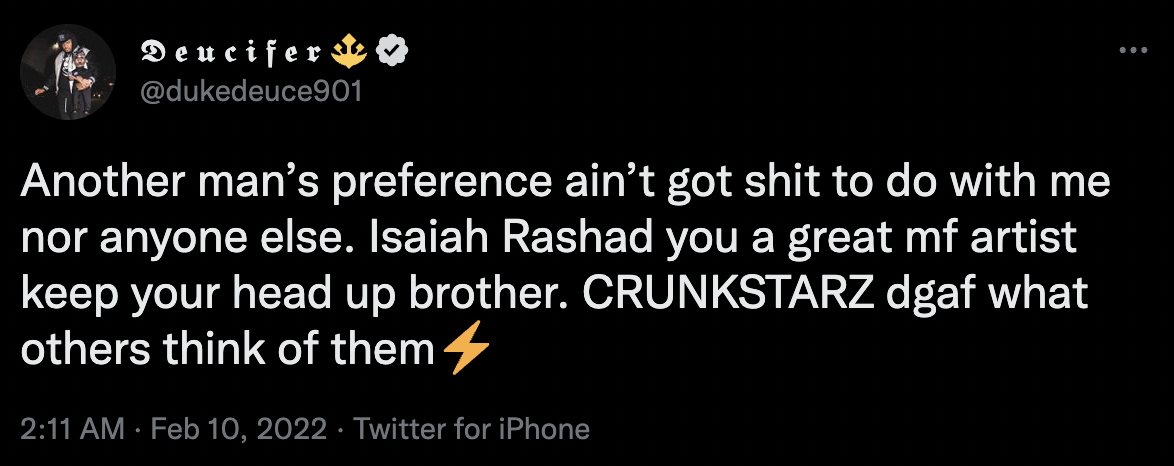
Rashad, who neglected to address the topic of his outing for several months to come, finally spoke up during his Coachella performance whereby he showcased a collage of reactions by news reporters and Joe Budden, a renowned rapper and hip-hop commentator. Rashad later agrees to an interview by Budden himself and expresses that he identifies as ‘Sexually fluid’.
This interview was met with a further outpouring of acceptance and admiration for the young artist’s courage to speak up about such topics whilst belonging to a culture that is intricately linked to the virulent rejection of the LGBTQ community.
Isaiah Rashad’s situation calls attention to the growth in inclusive attitudes towards gay men in the rap genre as it has transformed from a heavily heteronormative and machismo-encouraging society to one that bases the credentials of an artist on their talent rather than their sexual preference.
While this shift of inclusion and acceptance has been slowly emerging in mainstream media, many social commentators in the past have contemplated the origins of this resentment towards gay, bisexual, and queer men- particularly in the black community. As bell hooks explains in her 2004 book, ‘We Real Cool: Black Men and Masculinity’, black men abuse their power over black women as a response to the financial and racial oppression they experience at the hands of their white counterparts. In a society where men are expected to perform well in the financial department and are depicted as inadequate as men if they fail to meet these expectations, poor black men redirect this anger toward the women they are domestically connected to as well as black women in general. By degrading and othering their feminine peers they can separate themselves from their femininity and simultaneously reinforce their own dominance. Chauvinism and misogynoir in the black community acted as a safety blanket for masculine-presenting and straight men to reaffirm their value in a world where they seemingly had none. This rejection of femininity from black men manifested itself as an additional outlet to release their anger: homophobia. Gay men specifically have been more heavily targeted and abused by this discriminatory device because the concept of a man being penetrated mimics the position that women are expected to experience during sex- men are the doers whilst women receive. Gay men contradict this concept and supposedly take the women’s role in the bedroom- emasculating them in the eyes of the black community.
In conjunction with the redirection of resentment from black men, the churches in African American communities emphasised the condemnation of homosexuality utilising the Old Testament, further adding fuel to the ‘othering’ fire.
Finally, it’s appropriate to illuminate the unfortunate fact that, despite the rapid growth in sexual diversity in our western mainstream and rap culture, we still have a long road ahead to the destination of true acceptance committed to, by much of the population. With that being said, we have made major improvements in this field in the last decade evidenced by people like Isaiah Rashad, Lil Nas X, Tyler the
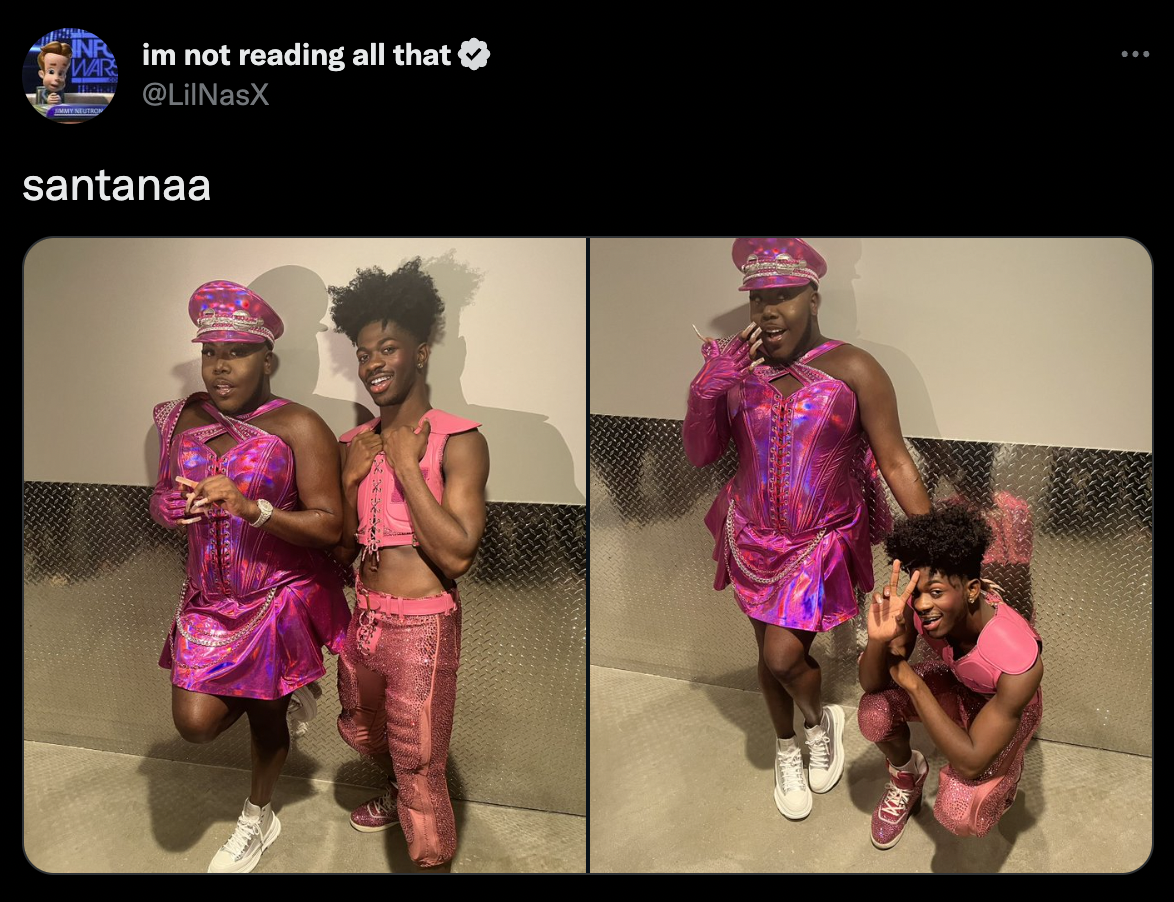
Creator, Kevin abstract, Saucy Santana, and many more. While it’s easy to be horrified, (and justifiably so), by the more than occasional homophobic slander and hate crimes committed through social media outlets, traditional media outlets, and in the real world, I would like to encourage you, the reader, to acknowledge that attitudes around the world are slowly, but surely, moving away from hatred and towards inclusive embrace.




![ZINO VINCI’S ‘FILTHY & DISGUSTING’EP BRINGS YOU TO THE CORE OF THE ARTIST [@ZinoVinci]](https://guap.co/wp-content/uploads/2023/10/Zino-4.jpg)

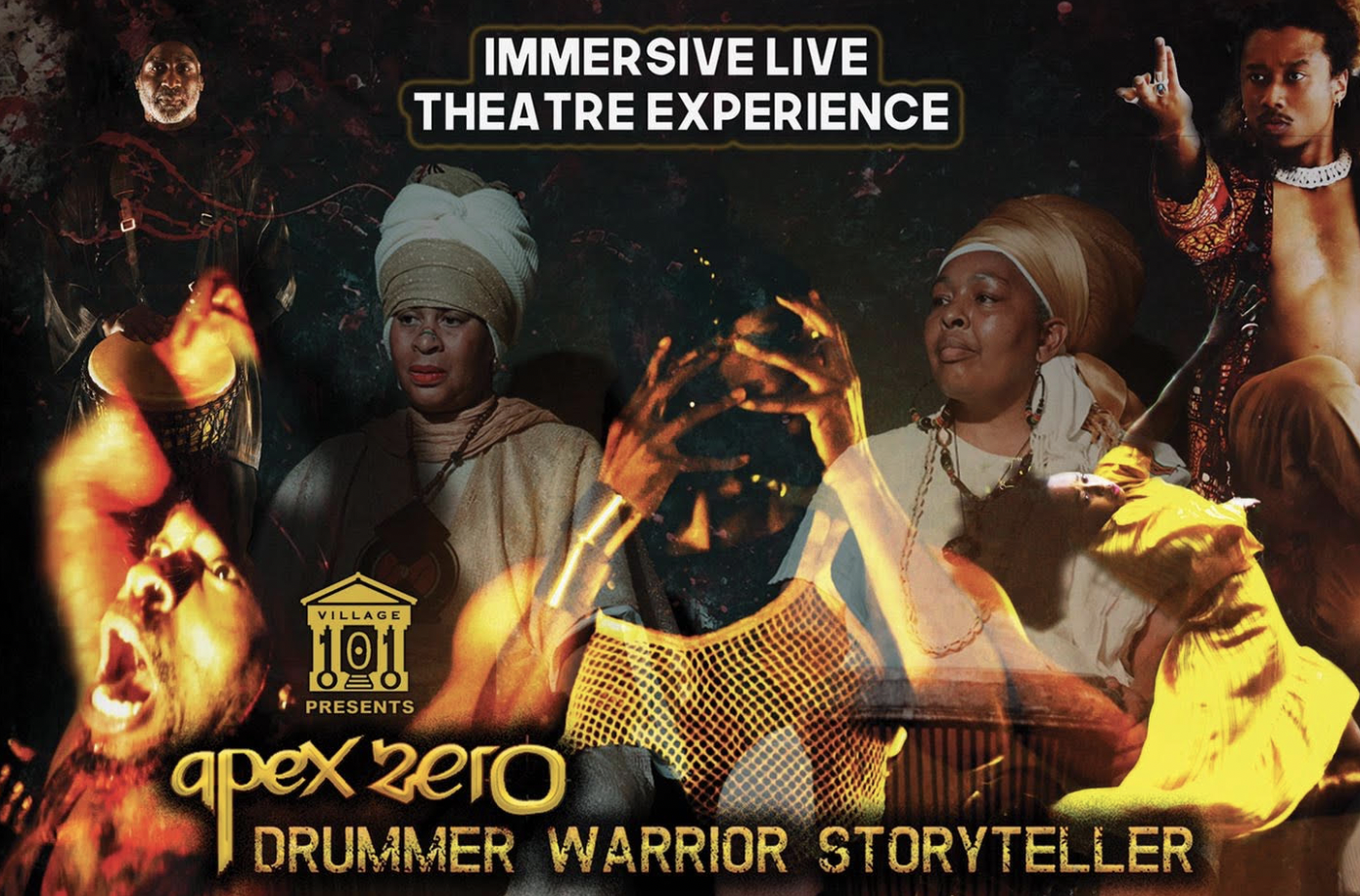
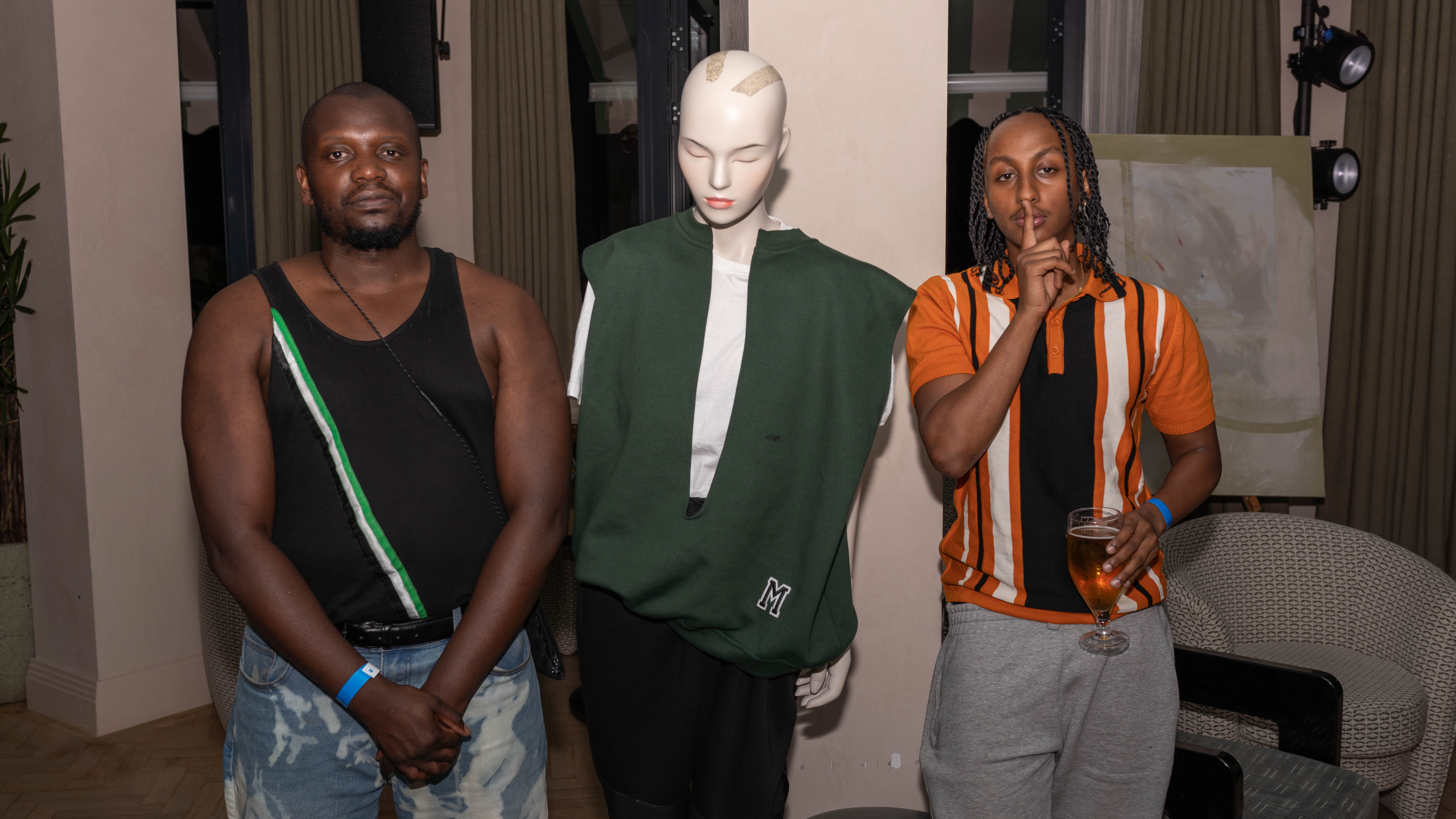


1 Comment
[…] The emerging inclusivity toward the LGBT Community in Modern Rap Culture […]
Comments are closed.